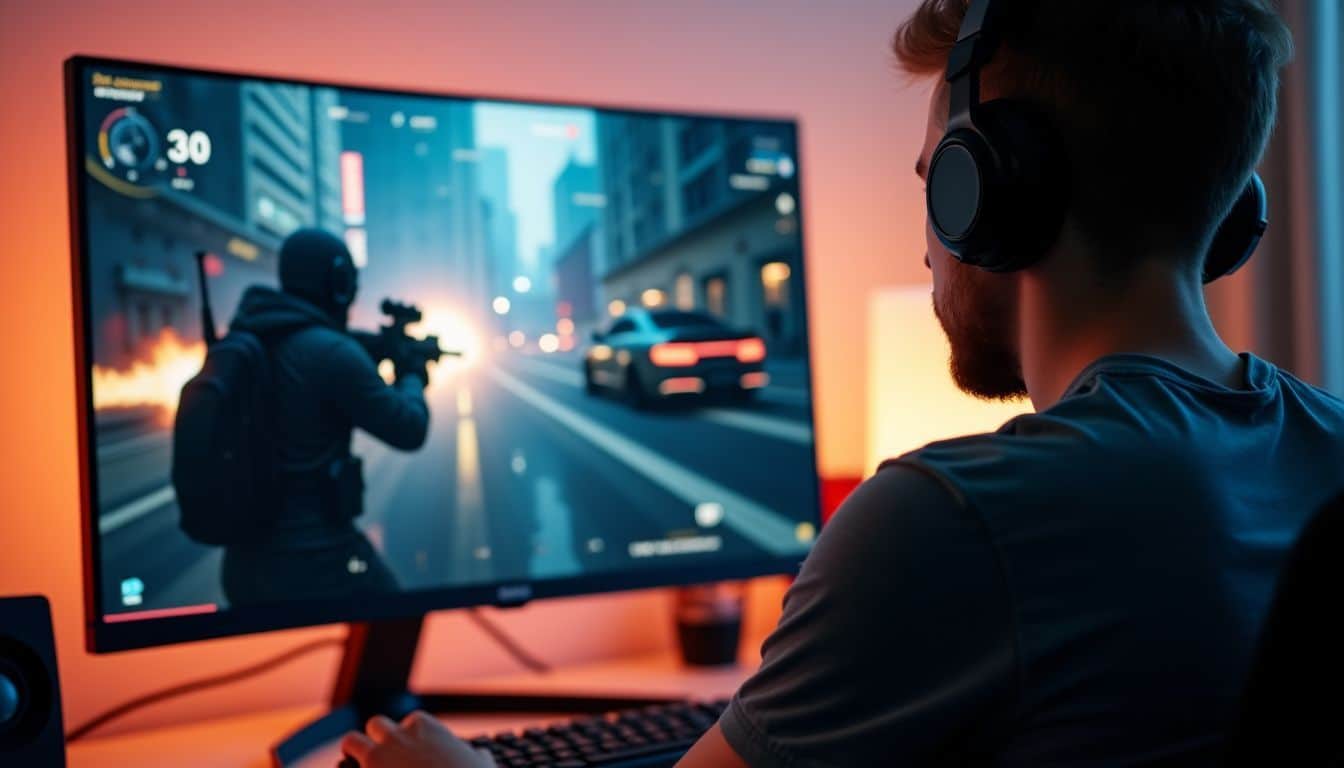
What Budget Gaming Teaches Us About Performance Over Price
In the age of ray tracing and towering GPUs, it’s easy to assume that great gaming demands a great budget. But for many players, the real flex isn’t ultra settings, it's making the most of what you have. Budget gaming isn’t just about affordability; it’s a mindset. It’s about resourcefulness, creativity, and proving that you don’t need a top-tier rig to dive into unforgettable experiences.
Why Budget Doesn’t Mean Bare Minimum
Gaming has always thrived on innovation. Think about early console generations or handhelds like the Game Boy—limited by hardware, but legendary in impact. The same principle applies today. You don't need a €2,000 setup to enjoy modern gaming. In fact, many gamers are discovering that a cheap gaming laptop under $500 can handle fan favorites, from indie masterpieces to lightweight competitive titles.
Entry-level gear is no longer synonymous with poor performance. Smart architecture, efficient thermal design, and optimized game engines have shifted the power balance. It's not always about brute force—sometimes it's about balance, and budget laptops are closing that gap faster than ever.
Performance Is More Than Specs
Gamers are learning that performance is multidimensional. Yes, frame rates matter but so do stability, access, and personal comfort. Budget systems force users to think critically: What resolution can I realistically play at? Do I prioritize speed or visuals? The answers often reveal just how much a modest setup can achieve.
Take popular titles like Valorant, League of Legends, or Stardew Valley—games that focus more on mechanics and experience than raw graphic muscle. These run perfectly well on affordable hardware, offering a reminder that gameplay > eye candy for most users.
The Joy of Simplicity
With a cheaper laptop comes less pressure. There’s a certain freedom in knowing you’re not pushing bleeding-edge tech—it makes experimentation easier. Want to try modding a game? Go for it. Break something? Reset and move on. Budget setups often serve as learning grounds, especially for younger gamers or those just entering the PC world.
This also encourages players to rediscover genres and experiences that might get overlooked. Visual novels, pixel platformers, strategy titles all of these thrive in environments where GPU load is less relevant.
Redefining What “Next Gen” Means
For some, “next-gen gaming” means buying the latest gear. But for others, it's about finding smarter ways to play. Cloud gaming, remote play, and smart upscaling tech are changing the game literally. Even users on older or budget machines can experience smoother gameplay thanks to services that shift the performance burden elsewhere.
As access expands and tech becomes more efficient, the gap between “budget” and “premium” gaming continues to narrow. You’re no longer limited by your wallet—just your willingness to adapt.
Balance Over Bragging Rights
It’s tempting to chase benchmarks and brand names, but budget gamers often find more value in stability, flexibility, and learning what truly matters. Performance isn’t just measured in frames per second—it’s also in how often you actually play, how many new titles you explore, and how good you feel after each session.
Many players use budget laptops as their daily drivers working, browsing, and gaming—making them far more versatile than dedicated rigs. And with upgrade paths more accessible than ever, your entry point doesn’t need to be your endpoint.
Closing Thoughts
High-end specs may dominate headlines, but real-world gamers are proving that good games don’t need gold-plated machines. Budget setups encourage smarter habits, thoughtful play, and a return to what gaming was always meant to be fun, accessible, and endlessly creative.
Thanks to digital marketplaces like Eneba, which offer affordable access to games, subscriptions, and content, budget gamers have more options than ever to build, upgrade, or simply enjoy what they already have. Performance might impress, but purpose well, that’s what lasts.

